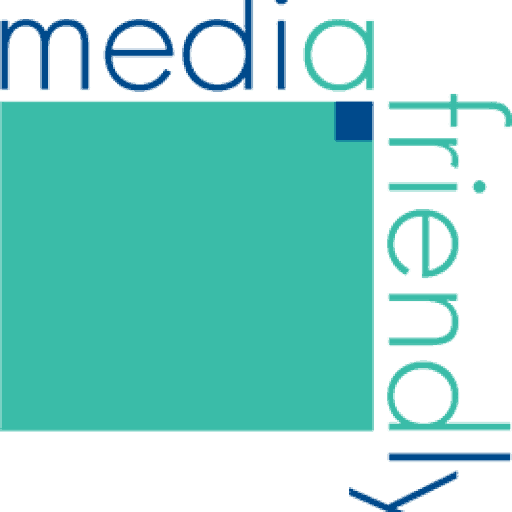Even if you’re a seasoned media performer, it’s all too easy to get caught off guard or suddenly feel nervous, especially if it’s been a few years since your last media training course.
Prepare well, especially if you have a serious issue to discuss. Never go in without knowing the facts. Do your checks on the journalist or liaise with your Head of Communications, if you are lucky enough to have one and take their advice.
You need to know how much does the journalist know about your organisation and area? Will they ask tough questions, or are they more likely to stick to the subject? Is your interview part of a larger story?
What’s the worst question they could ask you?
What’s the best possible outcome? How can you make and sure that happens? Read our top tips below.
Firstly make sure you know all the facts:
- Ask the journalist or researcher:
- Their name and contact details.
- The name of their media outlet, Radio station or TV station.
- The subject matter
- The deadline!
- The line of questioning.
- The name of the interviewer.
- The length of the interview.
- The location.
- The other interviewees (if any) in the discussion or programme.
- The name and nature of the programme.
- Tell them you will phone back after checking some facts and figures. Then contact your Head of Communications, Public Relations Officer, or whoever is appropriate for policy on the issue and any relevant facts.
- Do your research. Make sure you know something about the journalist, their background and their style. It’s easy to get caught out thinking that you are doing an upbeat success story, only to find that the interviewer is a hard nosed broadcast journalist who enjoys nothing more a combative media interview with a political slant.
- You need to prepare your key messages. Think about how you would like your story told. What’s the best possible outcome for this media interview? What newspaper headlines would you like to see? Think through the story.
- Prepare your bullet points. You need three bullet points to keep on message during the media interview. Any more than that could lead you off message or dilute your impact. You need to stay on message. That doesn’t mean saying the same answer each time, but having several different ways of saying the same thing, with some concrete examples that demonstrate your points. This will make your media interview interesting and engaging.
- Prepare your Q&As – anticipate the probable questions. What? Why? How? (or how many / much), Where? When? Who? (is to blame). Look at the questions that could cause you most concern and prepare for them. The journalist may never ask the question, but knowing that you can answer it if they do will give you the confidence you need to give a good media interview.
- The ABC approach works well for most success story interviews – Answer or Address the question, then Bridge (“and / however / what’s really important is …”), then Communicate (one of the three key points you want to make for each answer you give).
- Use the 3Rs in an extreme Crisis. Regret (try and weave in “Sorry” without admitting liability), Reason (the facts) and Remedy (actions – what you are doing about this crisis). An apology – if you are genuinely in the wrong– does go a long way, but remember that you will never please all of the people all of the time. Following the 3R’s is far better than either “No Comment”, or being unavailable.
- Practical preparation is key. If you can do this internally with colleagues, fine, but nothing beats expert media training with broadcast journalists. We can take you through the whole process, including rehearsing you through live media interviews, which played back for analysis. It may sound scary, but it’s far better to prepare in a safe environment with media professionals than make your mistakes publically.
Here are a few more tips for your next media interview
- Be positive from your first dealings to your last. Offer coffee when the journalist arrives – and give yourself five to ten minutes with the reporter, possibly while the crew is setting up. While you will learn from him/her at this point, make sure you give away nothing you might later regret.
- Beware! There is no such thing as an “off the record” remark. Unless you have absolute trust in the reporter, do not reveal information you would rather keep to yourself. If you have absolute trust – and only if you have a positive story – a little extra background will help a fair-minded reporter bring more balance to the report.
- Double check. Check that your clothes are the way you wish them to appear. Accept the offer of make-up at a studio.
- Be comfortable. Find a comfortable sitting position, alert, without leaning too far forward and looking over-anxious. Do not lean back either; otherwise you might appear arrogant or complacent. If you are standing, plant your feet firmly on the ground so that you are balanced and not swaying from foot to foot.
- Keep calm whilst waiting, remember a camera may be running before the interview, you don’t want to be caught doing something untoward. This is your media opportunity and your interview, make the most of it.
